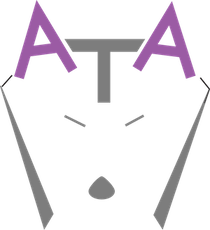Expense Monitoring
Expense Monitoring Expense monitoring (or expense tracking) involves recording and categorizing your expenditures over time. Sounds simple enough, but putting a strategy and mechanism in…
Small Business and Self-Employed Individuals – Does it make sense to create an LLC for your activities?
Owning and running a business of any size comes with some share of reasonable liability for the business it conducts and the environment in which…
Class Tracking – The Advantages of Strategically Earmarking your Financial Information
Different than putting expenses into categories, class-tracking is performed by tagging your financial data (best done utilizing an accounting software like Quickbooks) with specific information…
Tax Planning – Handling Estimated Taxes Effectively and Efficiently
Paying estimated taxes is required by the IRS (and states) to cover tax obligations not withheld directly from your paycheck (like through a W-2 job).…
Realtors and the Benefits of Utilizing an Informed Tax Strategy
Real Estate Agents and people that are utilizing real estate for income and business purposes. Most often “self-employed” for tax purposes, this opens a variety…
Key Federal Tax Deadlines for Tax Year 2024
Individual Filers (employees, self-employed individuals, independent contractors) Businesses – Partnerships (including LLCs), and S Corps (Form 1120S), and C Corps (Form 1120)
The Importance of Having a Dedicated Business Bank Account
A dedicated business bank account is a fundamental building block for success and sustainability of your business. It’s a strategic decision that provides a clear…







